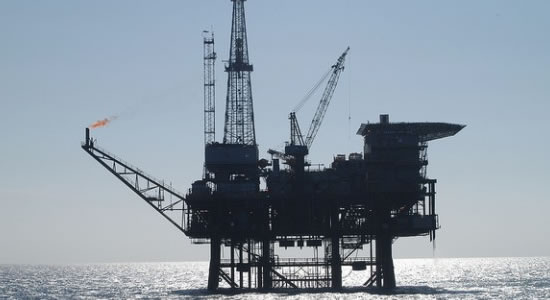Oil took another eyewatering 8% tumble (selling at $22.50 bp) on Monday after been hit by a fight for market share between Saudi Arabia and Russia, with neither showing signs of backing down even as global transport restrictions hamper demand. The world shares have buckled again and fears are beginning to mount as the global coronavirus shutdown could last for months.
Japan’s Nikkei had led the rest of Asia lower and Europe’s main markets slumped by 1.5-2.5% in early trade, adding to what has already been the region’s worst quarter since 1987.
The rout in oil took crude to its lowest since 2002. Brent was at only 8% | $2, at $22.50 a barrel (lowest for 18 years) by 0815 GMT, hammering petro currencies such as Russia’s rouble, Mexico’s peso and the Indonesian rupiah by as much as 2%.
It didn’t help that the U.S. dollar was back on the climb. The euro and pound were both batted back by about 0.6%, leaving the former near $1.1070 and sterling at $1.2350. On Friday Britain had become the first major economy to have its credit rating cut because of the coronavirus.
Wall Street futures had also backpedalled into the red, having been up as much as 1% in Asia after a late flutter of optimism.
Australia’s benchmark ASX200 registered a late surge, closing 7% up after Prime Minister Scott Morrison unveiled a $130 billion ($79.86 billion) package to help to save jobs.
Most other markets were down but trimmed earlier losses. Japan’s Nikkei dropped 1.6%, Shanghai blue chips were down 0.9% and there were sharper drops in Southeast Asia, with Singapore’ benchmark index down almost 3%.
China on Monday became the latest to add stimulus, with a cut of 20 basis points to a key repo rate, the largest in nearly five years.
Singapore also eased as the city state’s bellwether economy braced for a deep recession while New Zealand’s central bank said it would take corporate debt as collateral for loans.



















